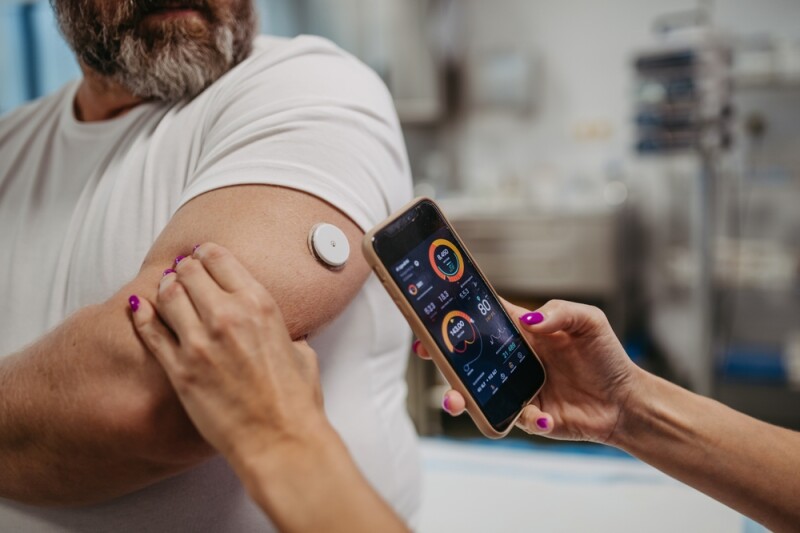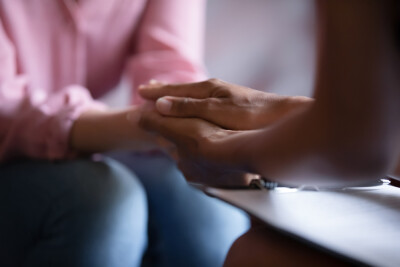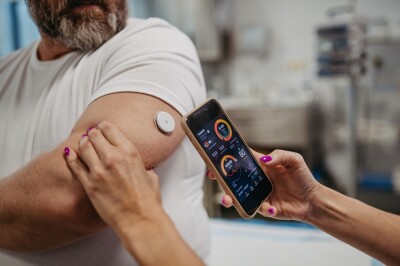Newly Published RCT Shows Acupuncture Can Help Relieve Depression Symptoms

Depression rates among Americans have reached an all-time high. According to a recent Gallup poll, nearly 30 percent of Americans have been diagnosed with depression at some point in their lifetime, with nearly 18 percent of Americans currently having or are being treated for depression. What’s more, new research from this year demonstrates that depression is associated with an increased risk of all-cause mortality and, in particular, cardiovascular disease.
Conventional Treatment
Conventional psychiatry treatment options often involve psychotherapy and/or pharmaceutical interventions, namely tricyclic antidepressants, selective serotonin reuptake inhibitors (SSRIs), and selective serotonin noradrenaline reuptake inhibitors. However, over the years, researchers have questioned the efficacy of these medications in cases of mild or moderate depression in particular.
A 2010 meta-analysis of six studies concluded that antidepressant medications are only effective for severe depression and offer little or no benefit to patients with mild to moderate symptoms compared to placebo. A 2022 analysis of 21 randomized controlled trials found that exercise was just as effective as antidepressants at alleviating non-severe depression symptoms.
In addition, research shows that antidepressant medication discontinuation and treatment-resistant depression are significant barriers to the pharmaceutical approach. According to a 2021 paper, it’s estimated that 50 percent of patients on antidepressants do not achieve a complete cure of symptoms and are at an increased risk of relapse and reduced quality of life.
An integrative approach, especially in cases of mild to moderate depression, may provide an alternative first-line treatment protocol.
Enter Acupuncture
A recent randomized clinical trial featuring 304 adults aged 18 to 50 years with moderate to moderately severe depression found that auricular (ear) acupuncture provided greater symptom remission at three months.
"This study does not suggest that auricular treatments can cause a full recovery; however, it did show symptom remission, which is a strong step towards a full recovery,” explained mental health expert Peter Bongiorno, ND, LAc. “The authors of the study also explain that their rates of recovery (58 percent) and remission (46 percent) are similar to those observed with pharmaceutical treatments and are superior to psychotherapy, which means auricular treatment is as effective as drugs and better than psychotherapy.”
A 2017 controlled clinical trial found electroacupuncture to be even more effective at reducing symptoms in individuals with major depressive disorders compared to SSRIs.
A 2022 review found that when acupuncture was combined with pharmaceuticals, there was increased efficacy, and acupuncture also helped lower medication side effects. The authors of that review concluded, “Overall clinical studies indicated that acupuncture could relieve primary depression, particularly milder cases, and was helpful in the management of post-stroke depression, pain-related depression, and postpartum depression both as an isolated and adjunct treatment.”
"There are many factors that contribute to depression, and the best results come from using a combination of therapies that are patient-specific that help people move towards recovery," explained Bongiorno, who is the author of the best-selling book How Come They’re Happy and I’m Not: The complete natural program to healing depression for good.
Bongiorno combines integrative strategies such as nutrition, stress management, sleep, hormone balance, digestive health, and others to help patients achieve full recovery. He uses dietary and lifestyle advice, along with acupuncture and dietary supplements, to address underlying contributing factors.
Bongiorno points out that this most recent 2023 published trial focusing on auricular acupuncture does have a few methodology concerns.
Study Limitations
“This study used a prescribed protocol of points that were the same for every patient treated,” Bongiorno explained. “In traditional Chinese medicine, we change the points for each person according to their clinical presentation and needs. Studies that do the same procedure typically see even better results.”
The study's authors also explain that the small sample size warrants additional research with more participants.
The non-auricular treated patients used superficial needling at nonpoints or irrelevant true points. “Because the ‘sham’ points still used needles, that can greatly raise the placebo effect,” said Bongiorno, who suggests that adding a control group with no intervention to the study may have been more effective.
Auricular Significance
While research shows that many forms of acupuncture can help ease depressive symptoms, Bongiorno feels auricular acupuncture is key.
"Auricular acupuncture is done on the outside of the ear, and needles are never put into the ear canal, so generally, the discomfort to the patient is pretty mild," said Bongiorno. "It's also easier and more comfortable for the patient because the practitioner only needs access to the ear, so the patient does not have to lay down or possibly remove clothing.”
Another added therapeutic benefit to auricular acupuncture is its stimulation of the vagus nerve, which has been shown to help improve symptoms of depression and has also been used successfully for treatment-resistant depression.
“Research demonstrates that auricular stimulation can achieve 10 to 15 percent vagal stimulation,” said Bongiorno. “If we combine auricular acupuncture with meditation, yoga, massage, chanting, and other vagal stimulation strategies, we can more likely achieve even better results than using a single treatment.”
The Clinical Bottom Line
According to Bongiorno, depression is a condition that responds well to a comprehensive, integrative approach.
“While acupuncture doesn’t necessarily cure depression as a monotherapy,” he explained, “I have found over the past 20 years of seeing patients who are struggling with depression that regular acupuncture can help reduce symptoms while we work on healing the underlying causes of the depression.”




















SHARE